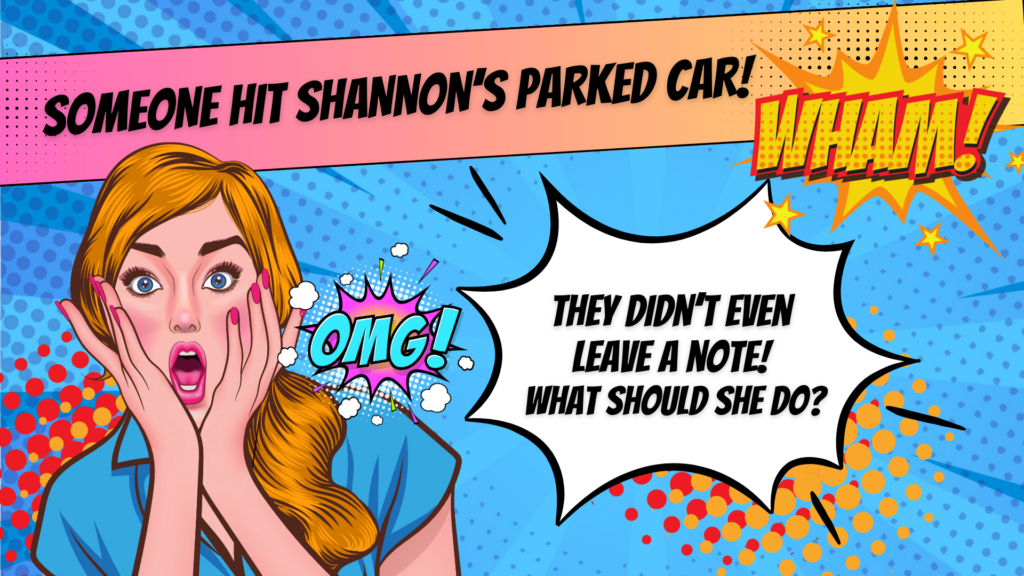The Michigan yield laws set forth the circumstances in which drivers in Michigan must yield the right of way: (1) when traveling through intersections, (2) when making left turns, (3) when pedestrians and bicyclists are in a crosswalk, (4) when merging onto the highway, and (5) when encountering an emergency vehicle. When people know, understand …
Continue reading “Michigan Yield Laws: What You Need To Know”








